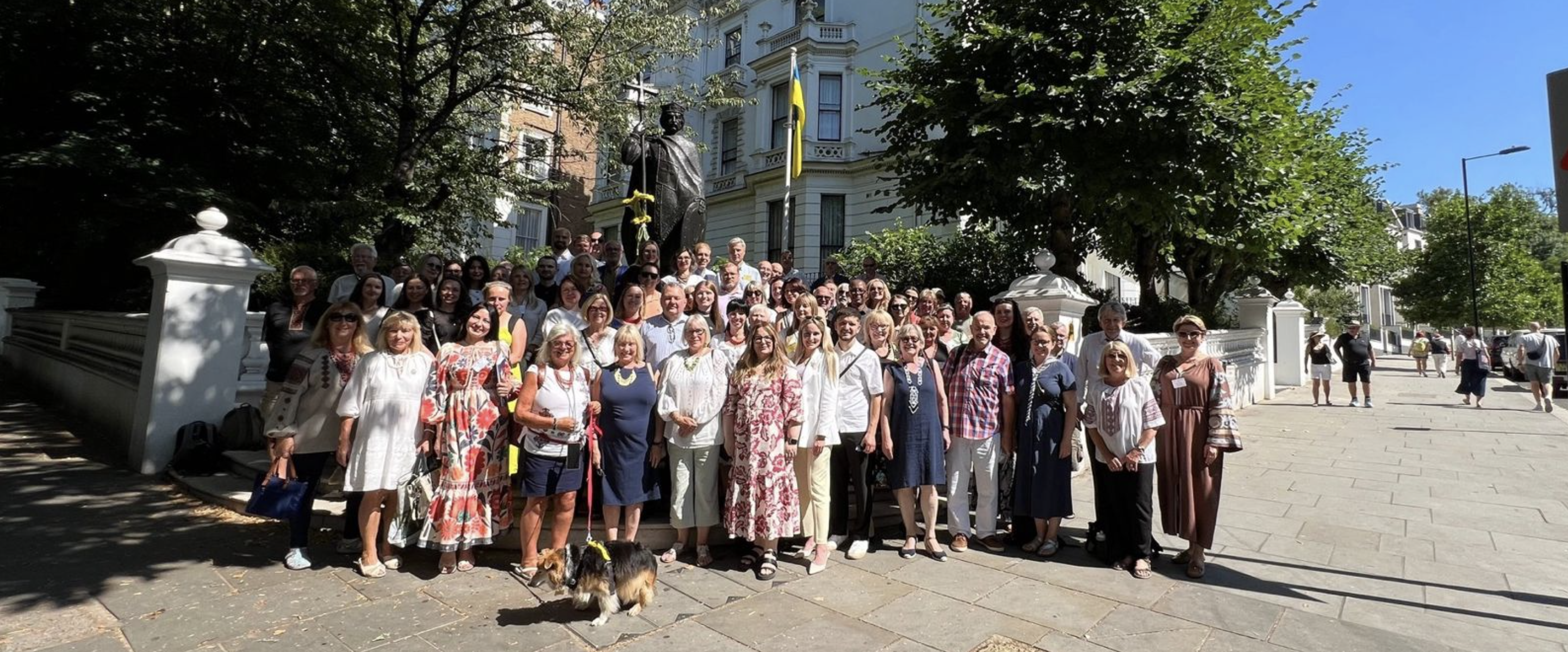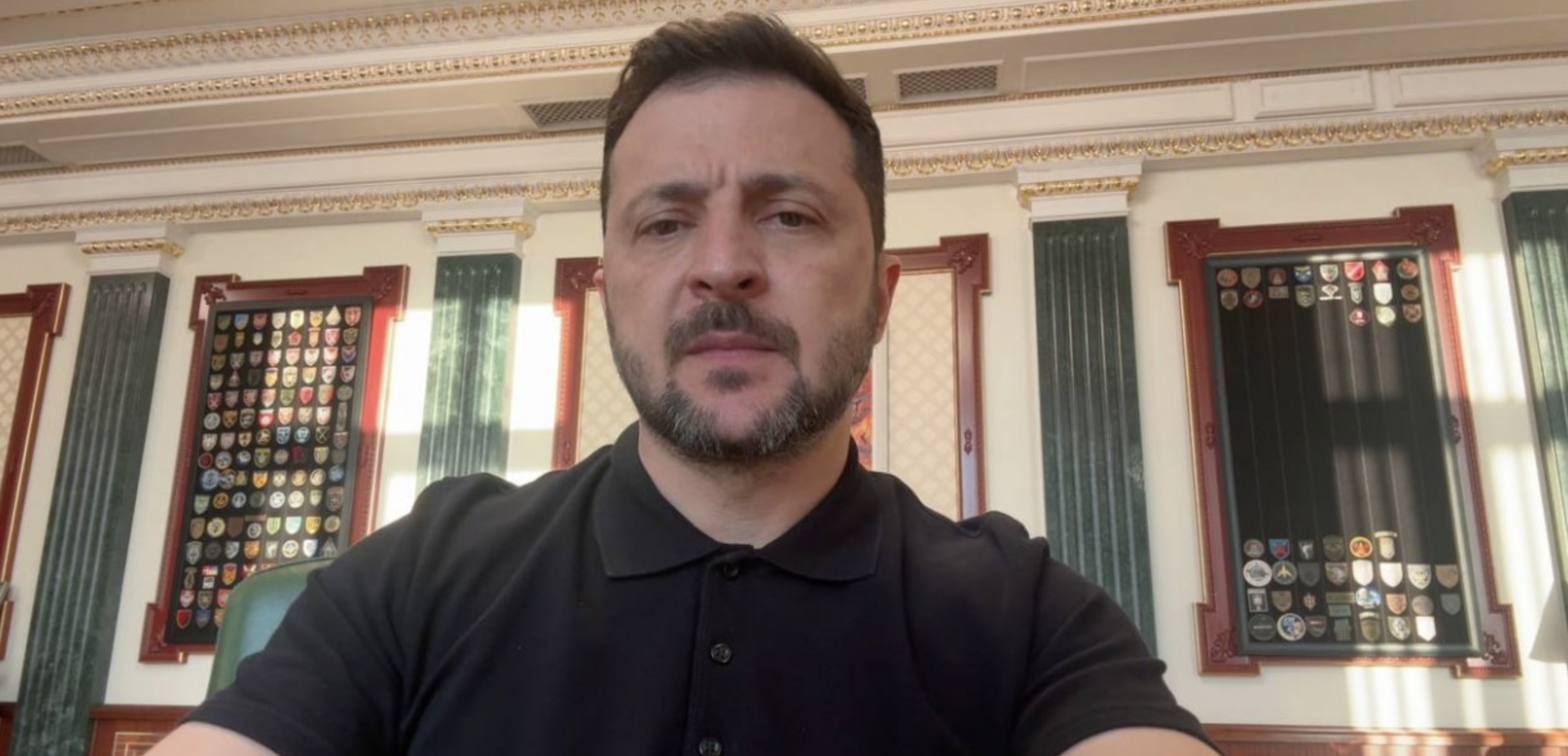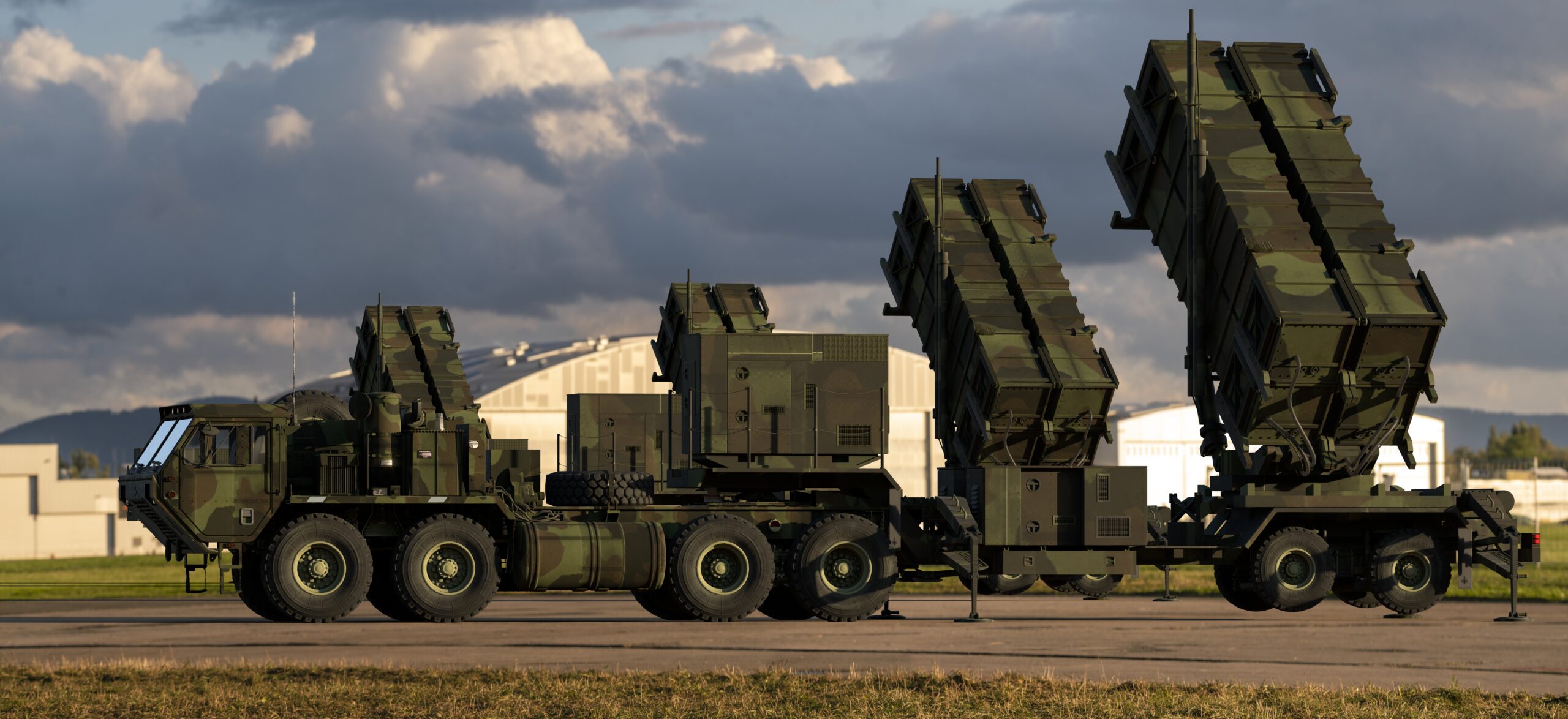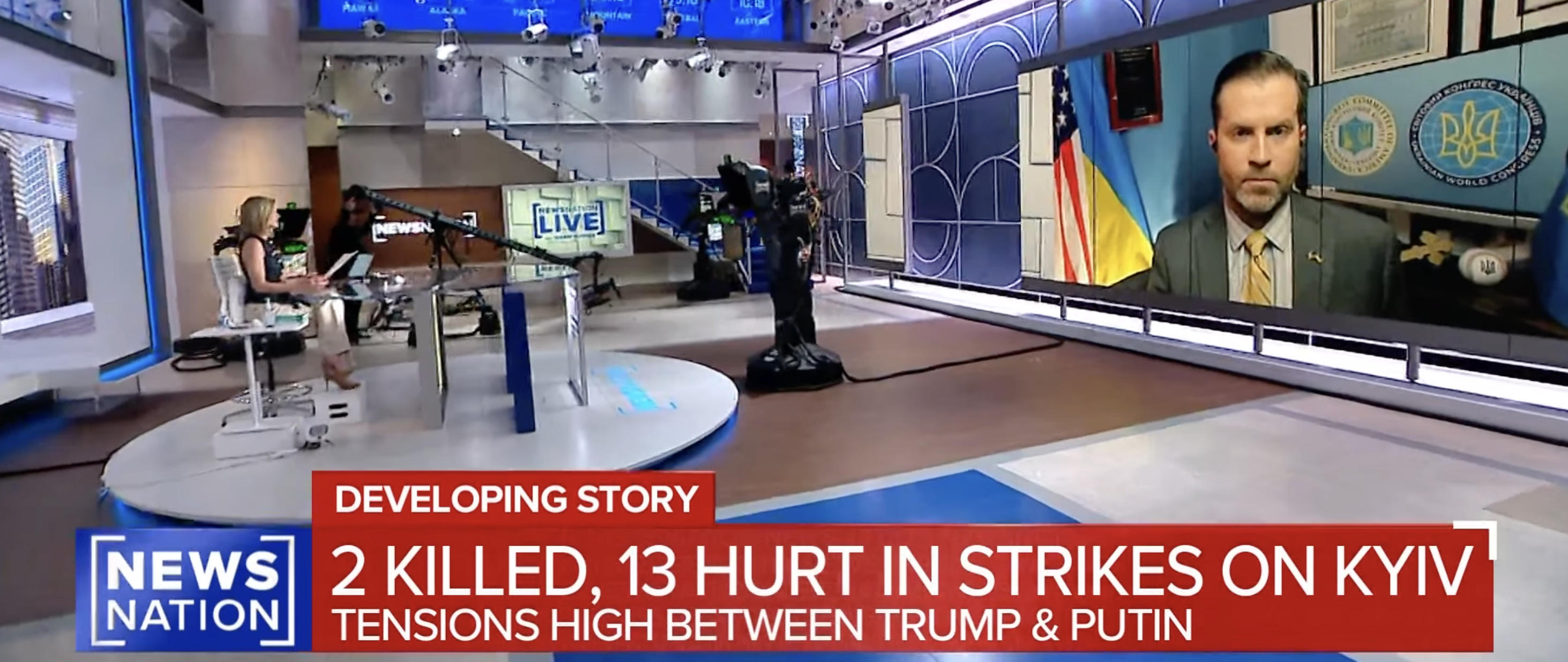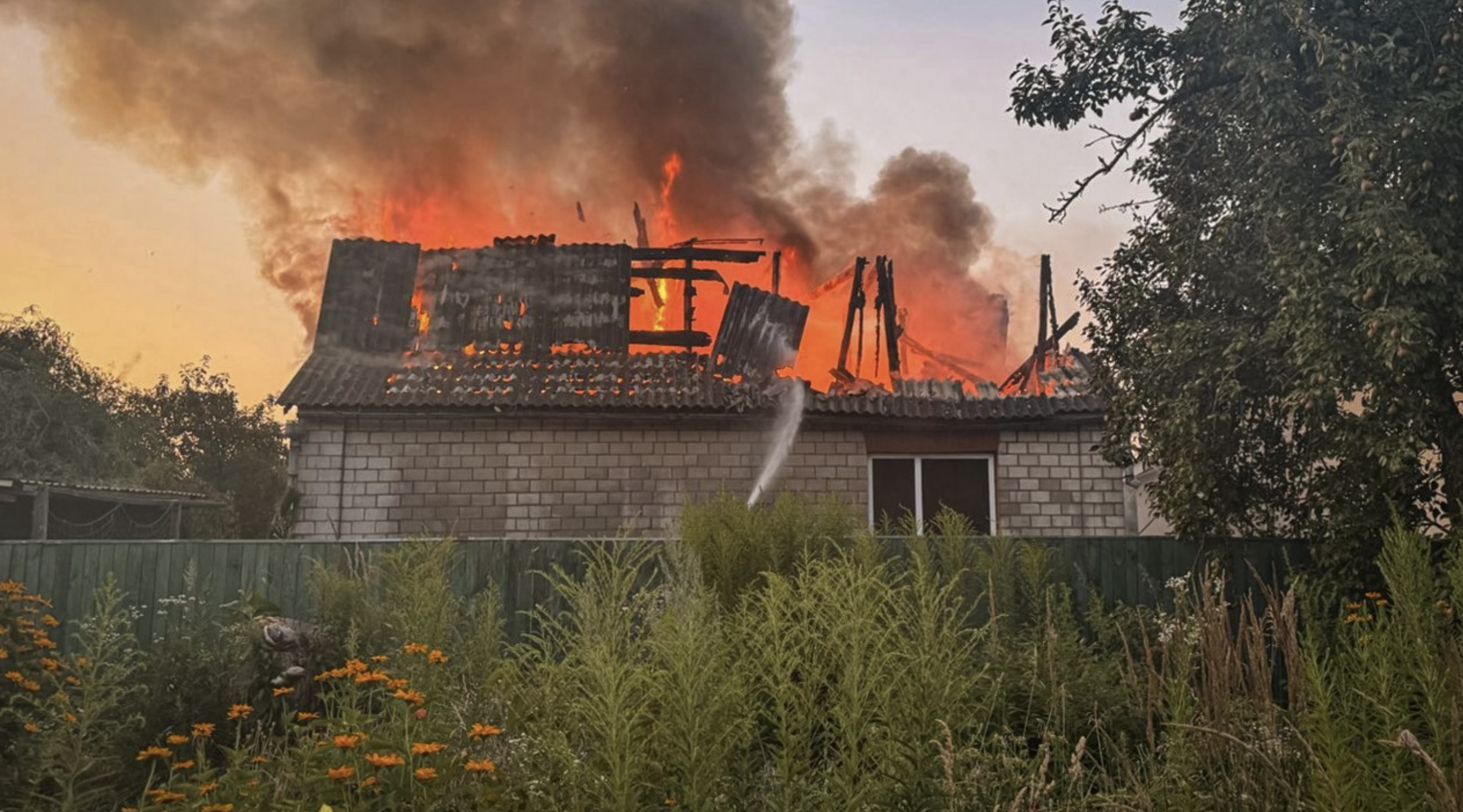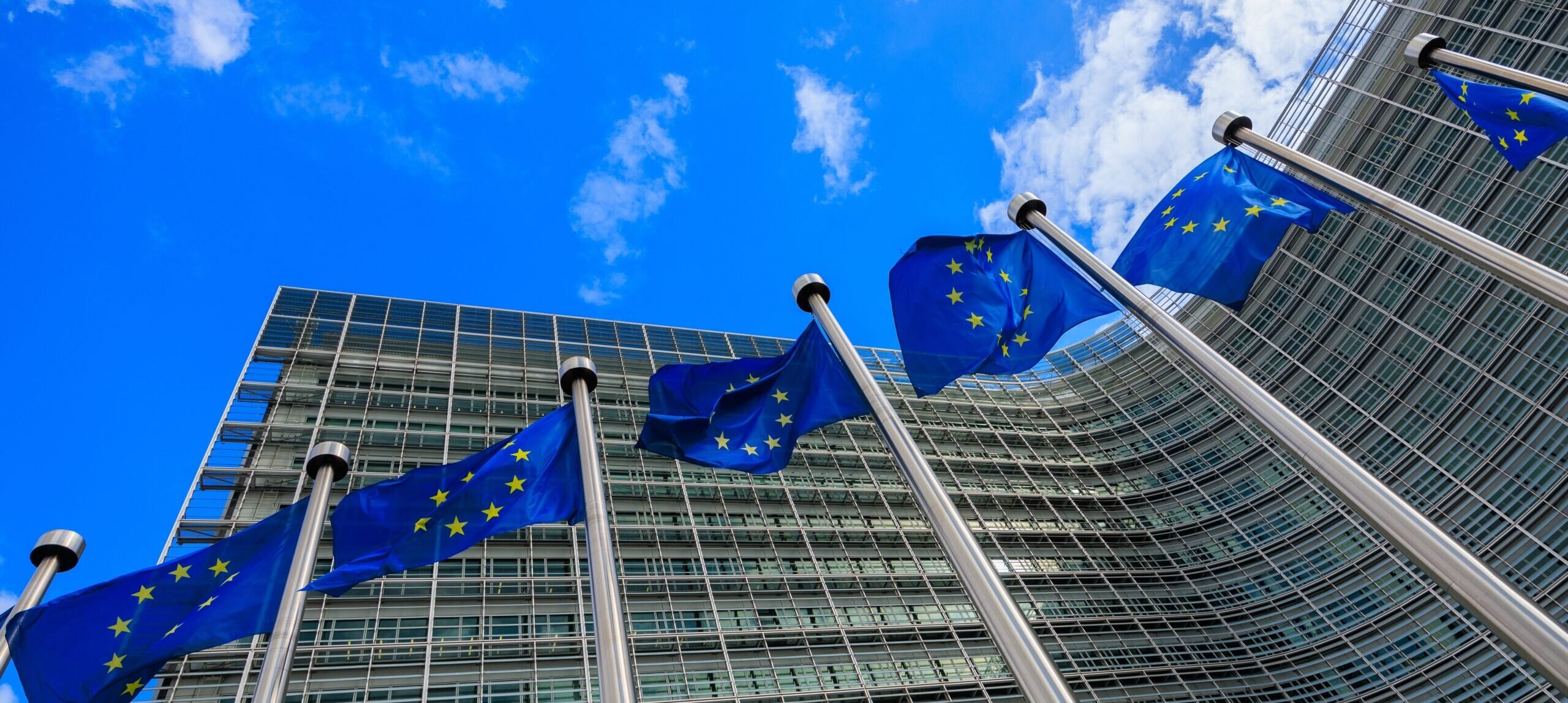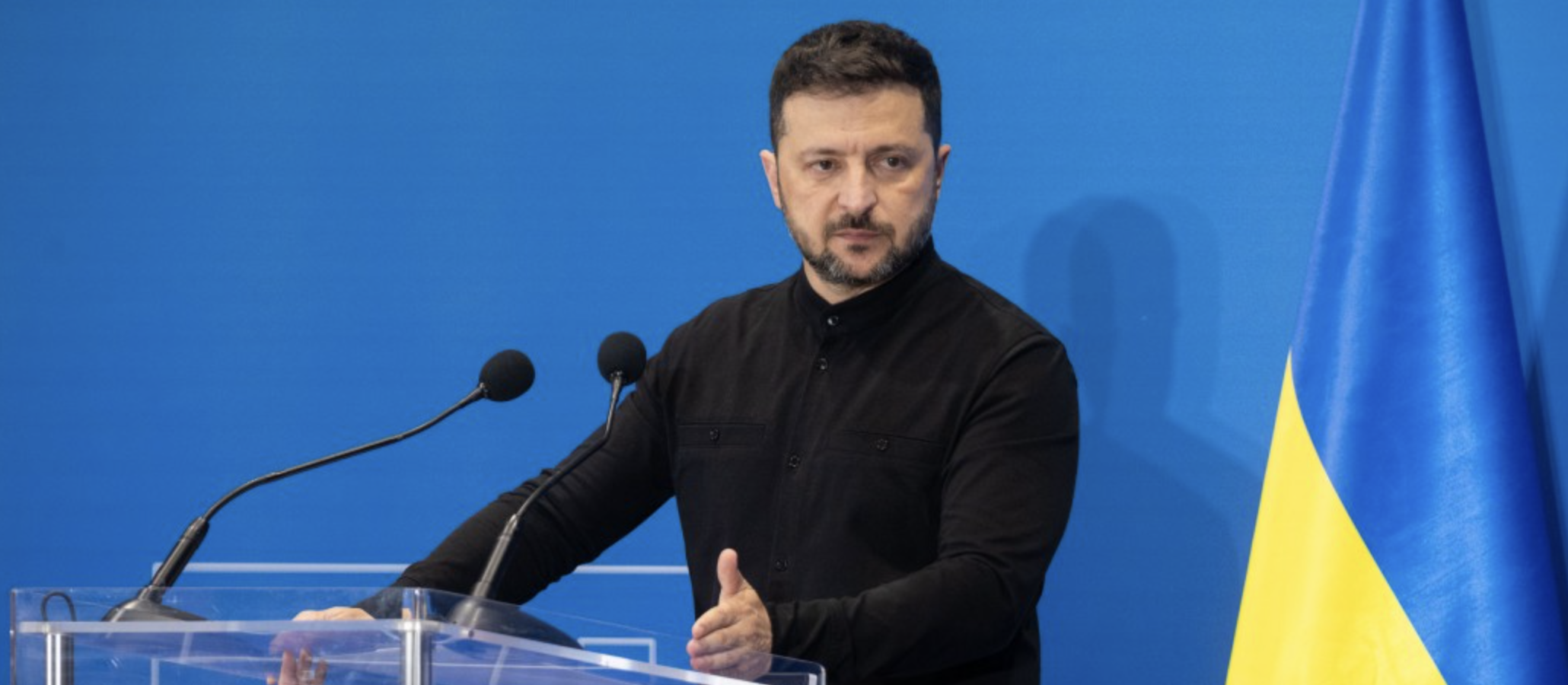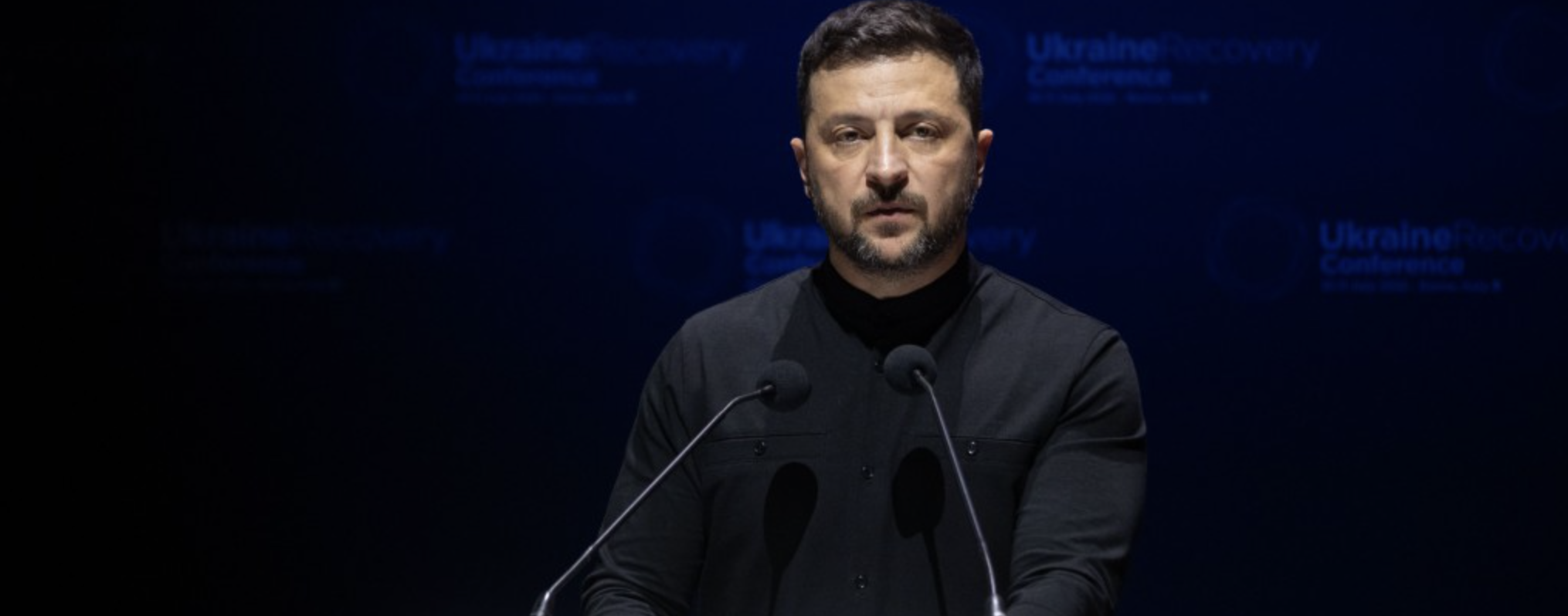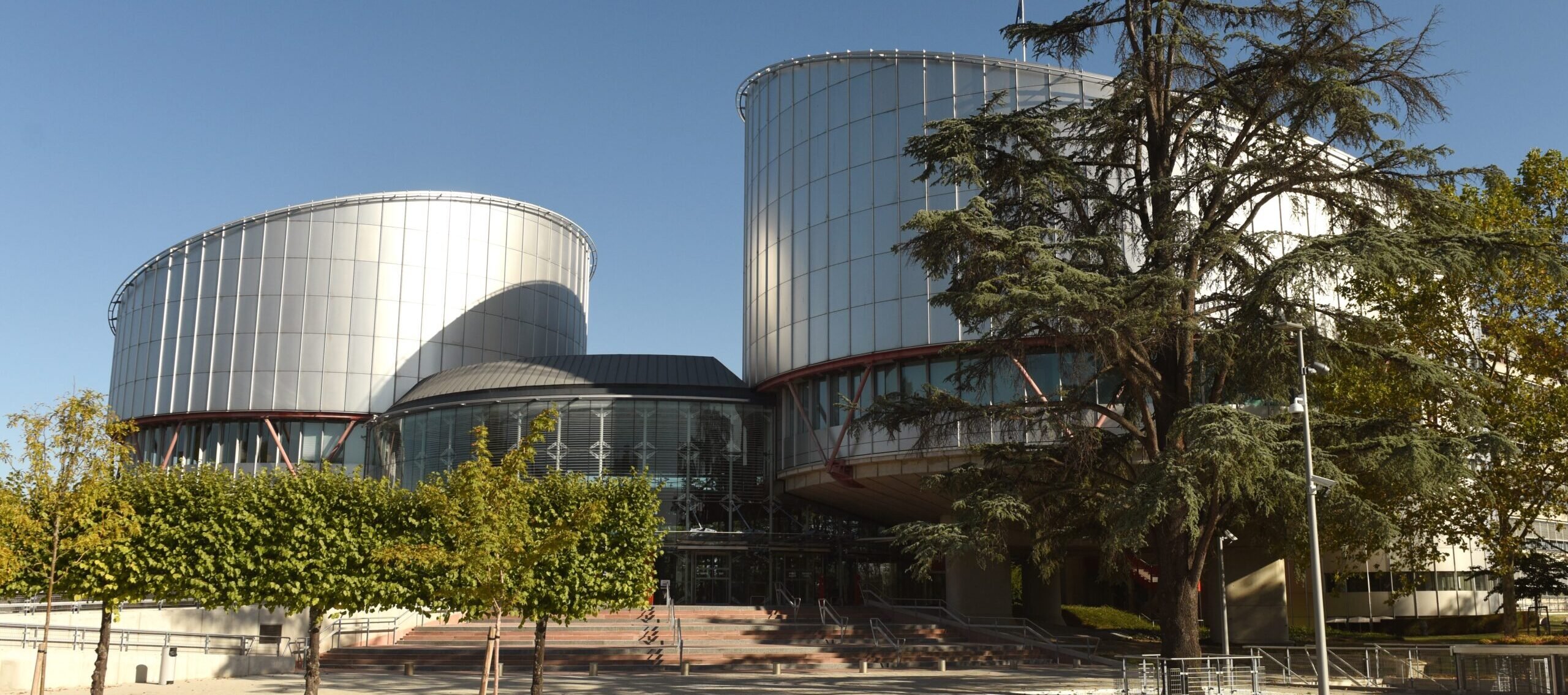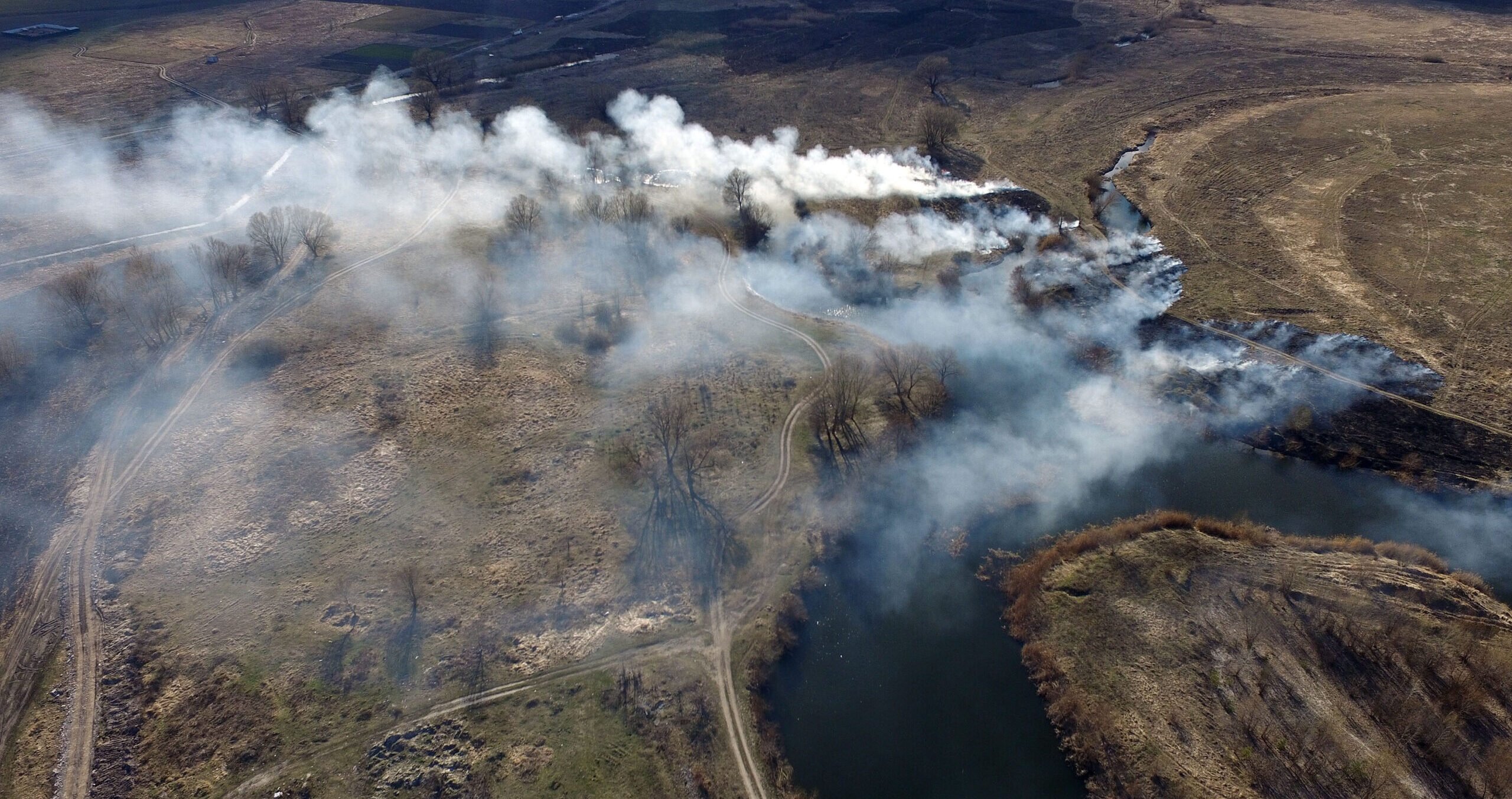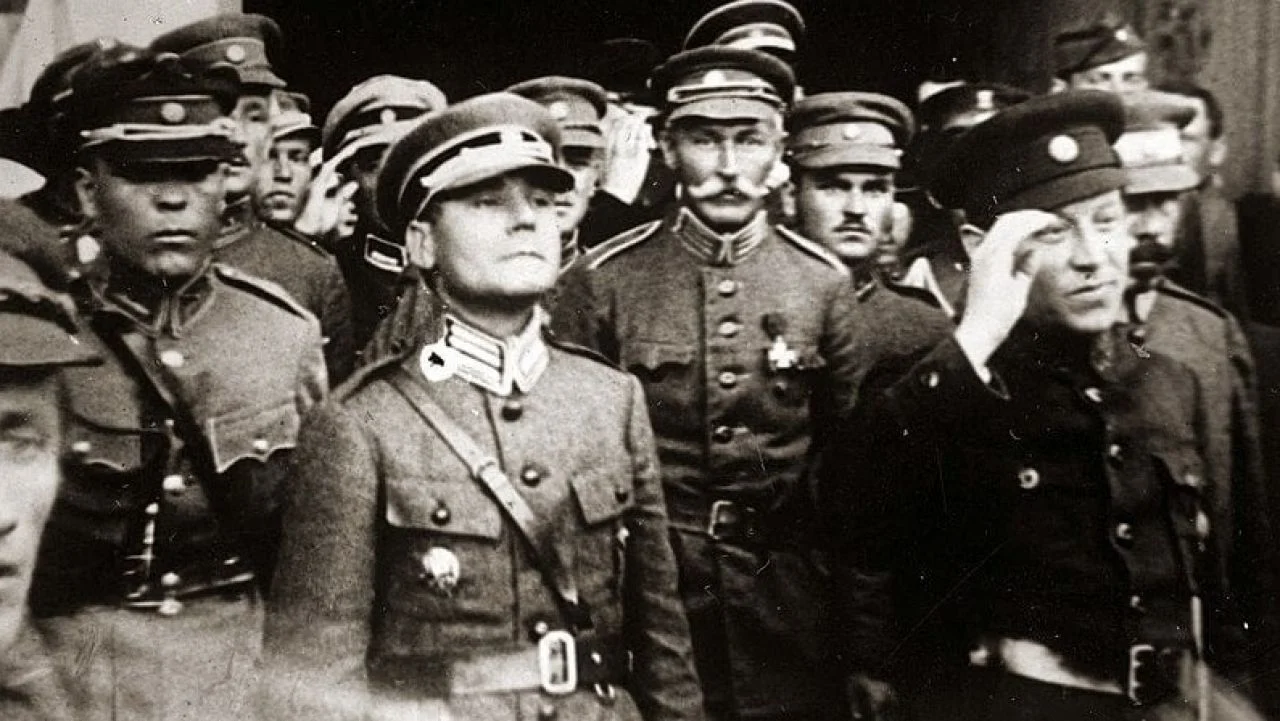
Ukraine and Ukrainians around the world celebrate General Marko Bezruchko’s 140th birthday today. The legendary Ukrainian military commander was one of the heroes of the “Miracle on the Vistula” that allowed Poland to defend its independence against the invading Soviet Russian army in 1920.
Marko Bezruchko was born in the city of Tokmak in Zaporizhzhia oblast, in a city that is currently under Russian military occupation and a city that the Armed Forces of Ukraine continue fighting for. Bezruchko earned a pedagogical degree and worked as a teacher before joining the army. In 1908, he graduated from the Odesa Infantry Junker School, and then from the Imperial Nicholas Military Academy in St. Petersburg in the summer of 1914, from where he went directly to the frontlines of the First World War in the ranks of the Russian Imperial Army where he served as Chief of Staff of an infantry division.
When the Ukrainian National Revolution broke out in March 1917, Bezruchko, along with many likeminded Ukrainians in the imperial army, sided with the Ukrainian people, and began forming independent Ukraine’s army.
In late 1918, Marko Bezruchko was appointed head of the Army General Staff’s operational department, which ran intelligence and counterintelligence for the Ukrainian State.
In March 1919, Colonel Marko Bezruchko was appointed Chief of Staff of the Sich Riflemen Corps, commanded by Colonel Yevhen Konovalets, and fought in heavy battles with the Russian Bolsheviks in Podillia and Volyn.
On January 1, 1920, the Ukrainian National Republic’s (UNR) Otaman Symon Petliura ordered Colonel Bezruchko to form the 6th Sich Riflemen Division. After UNR signed the Warsaw Pact with Poland in April 1920, Bezruchko’s 6th Sich Division fought in the combined Ukrainian-Polish armed forces that liberated Kyiv from Russian-Bolshevik occupation on May 7, only to lose it a month later, after the Red Army seized the initiative on the battlefield, and forced the allied Ukrainian-Polish forces to flee westward.
By late August 1920, the front had moved west to the Chełm region along the Krasnystaw-Zamość line. Colonel Bezruchko was given command of the UNR Army’s Middle Group. From August 28 to September 2, 1920, he led the defense of Zamość and came out victorious in fierce battles with Semyon Budyonny’s “invincible” Bolshevik First Cavalry Army.
The Ukrainian victory at Zamość prevented Budyonny from joining the main Russian-Bolshevik force that was attacking Warsaw at the time, with the intention of installing Felix Dzerzhynsky as the head of a “Soviet Republic” on the territory of Poland. Bereft of Budyonny’s reinforcements, the Russian-Bolshevik troops were defeated on the outskirts of Warsaw by Polish forces led by Marshal Jozef Pilsudski. These events are commemorated in Polish history as the “Miracle on the Vistula,” the military victory that paved the way to independent Polish statehood.
Marko Bezruchko was promoted to the rank of General for leading the heroic defense of Zamość, but the UNR Army was taken off the battlefield, and Ukraine lost its bid for independent statehood. In exile, General Bezruchko served as Deputy Minister of War in the UNR Government-in-exile, looked after the welfare of the Ukrainian soldiers who were interned in Poland. Later in life, Bezruchko worked at the Polish Military Mapping Institute in Warsaw, and headed the Ukrainian Military History Society. He served as Minister of Military Affairs of the UNR Government-in-exile from November 1940 until his death in February 1944, at the age of 60.
Today, General Marko Bezruchko is revered as a symbol of Ukrainian military prowess, and as a symbol of the military alliance of the Ukrainian and Polish peoples. The Ukrainian General’s name is widely honored and popular in Poland, and his grave in Warsaw is the site of Polish state ceremonies.
Marko Bezruchko was loyal to the Ukrainian state and people to the end of his days. When Poland marked the 20th anniversary of independence in 1938, the Polish government awarded the Ukrainian with the “Vіrtutі Militari” War Order, Poland’s highest military decoration, but he refused to accept it, declaring “I fought for Ukraine, not Poland!”.
